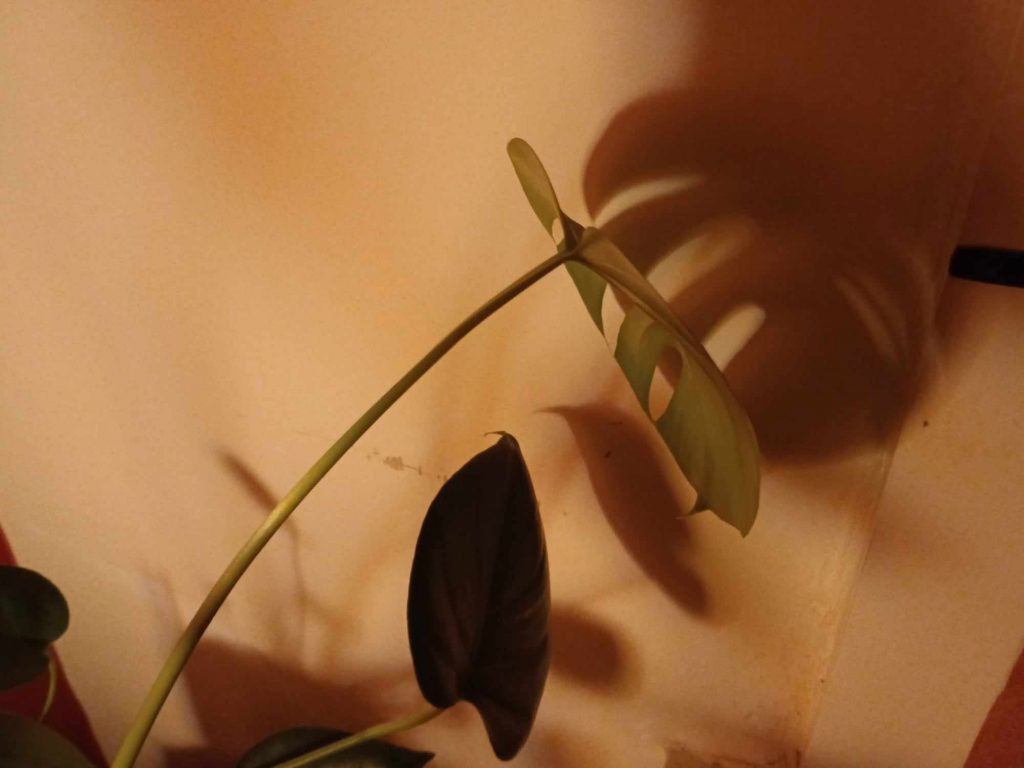
Wall Pictures
I view the five pictures on the opposite wall.
I had chosen aesthetic frames to beautify a very ugly office-room
and to suit their literary worth too.
The idea of personal affinities between the inmates of the frames
on me suddenly dawn.
I begin with Oscar Wilde whose elegance
is overshadowed by his doom:
a two-year imprisonment
followed by penury, meningitis, and personal destitution.
No wonder he died alone.
Next sits on my wall the enigmatic Edgar Allan Poe,
whose mysterious death has inspired so many essays and books.
He lay in a heap in ill-fitting clothes,
a victim to a beating, cooping, or alcohol…
a riddle over which to brood,
a pathetic end to a tragic figure
whose demise should have taken an epic form.
Above Wilde, the self-made Brontës before Branwell pose,
a universal emblem of talent, stoicism and fortitude.
First went Emily, resistant to every proffered cure,
eager to be rid of the house of clay that imprisoned
her chainless soul,
then followed Anne who died miles away from home,
leaving heart-broken Charlotte to sip a few drops of happiness
before quitting the world,
all departed in the prime of youth.
Sitting at a table, Emily Dickinson looks into the beyond,
probably waiting for the carriage to ferry her into the unknown,
an obsession with death that people find morbid,
but I don’t.
With a fetish for white, she shunned the multitudes
and died in quietude.
At the top, Charles Baudelaire, with pursed lips, looks on
at a world beset with technology, materialism, and the death of hope.
Abandoned by the woman he cherished most,
he carried in his eyes the loneliness of the world
and died feeling forlorn
in a nursing home.
A Momentary Lapse of Reason
When Pink Floyd sings A Momentary Lapse of Reason,
I think of your lapses
that extended over weeks and seasons,
of your suicide
that I regard as the worst type of treason.
You opted for the easy way out,
left behind grieving friends,
a distraught spouse,
a son who scratches your tombstone
with your chisel and mallet
every Christmas morning
and every anniversary
that his mom observes.
You make us all feel guilty,
and responsible for our inability to comprehend
what ailed your heart,
and a thousand ways that could have saved your life
continuously haunt our minds.
In my dream, you beckon to me
to follow you to the graveyard
that is adjacent to our playground
in Templetown
where we both grew up.
I always respond with the same words:
I cannot be selfish and abandon my dog,
the only friend I have,
then I wake up.
Dr Susie Gharib is a graduate of the University of Strathclyde with a Ph.D. on the work of D.H. Lawrence. Her poetry and fiction have appeared in Adelaide Literary Magazine, Green Hills Literary Lantern, A New Ulster, Crossways, The Curlew, The Pennsylvania Literary Journal, Ink Pantry, Mad Swirl, Miller’s Pond Poetry Magazine, and Down in the Dirt.
Susie’s first book (adapted for film), Classic Adaptations, includes Charlotte Bronte’s Villette, Virginia Woolf’s The Waves, and D.H. Lawrence’s Lady Chatterley’s Lover.
You can find more of Susie’s work here on Ink Pantry.
